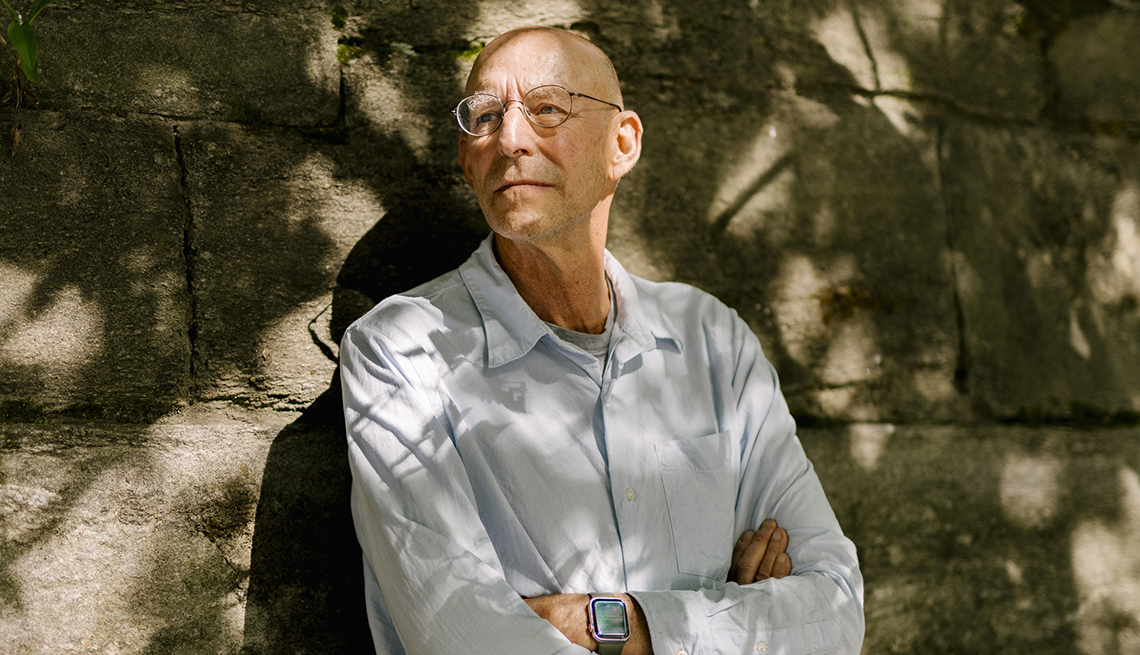9 questions for food author michael pollan
- Select a language for the TTS:
- UK English Female
- UK English Male
- US English Female
- US English Male
- Australian Female
- Australian Male
- Language selected: (auto detect) - EN

Play all audios:

5. Q: YOUR FOCUS LATELY HAS BEEN CONSCIOUSNESS-CHANGING DRUGS. HOW DID THAT BEGIN? A: Around 2013, I started reading about all these experiments using psilocybin, of all things, to treat
cancer patients. If I were faced with a terminal diagnosis, I couldn't imagine rolling the dice on a psychedelic trip. But these people were getting an enormous benefit from it. About
two-thirds of them reported having a powerful, mystical experience and losing their fear of death. And for many, it also helped reduce depression, anxiety and what doctors call existential
distress. 6. Q: WHY DO YOU THINK PSYCHEDELIC DRUGS ARE SO IMPORTANT FOR PEOPLE OVER 50? A: I believe psychedelics are wasted on the young. Their real value comes when you're older. One,
because many people as they age get interested in spiritual questions, and psychedelics are a way to explore the spiritual side of yourself. And two, older people tend to get stuck in
grooves of behavior that are sometimes quite destructive. The research suggests that one of the things that psychedelics are good for is breaking old habits and forming new ones — “shaking
the snow globe,” as one researcher put it to me. 7. Q: IS SCIENCE MORE ACCEPTING OF THESE DRUGS? A: Psychedelics are being legitimized as a subject of study and a therapeutic modality. [In
late May] Francis Collins, the head of the National Institutes of Health, made a positive statement about psychedelics. So this is not nearly as fringy an area of science and medicine as
when I published my first book on the topic. The atmosphere has changed dramatically, and it's very exciting. 8. Q: DOES IT SURPRISE YOU THAT THERE'S A BOOM CONCERNING PSYCHEDELIC
THERAPY? A: It surprises me that there's been very little pushback from the psychiatric establishment. The reason is that they're acutely aware of a mental health crisis in this
country, and the tools they have to deal with it are inadequate. 9. Q: HOW HAS YOUR EXPERIENCE WITH PSYCHEDELICS CHANGED YOU PERSONALLY? A: You should ask my wife, who is more of an expert
on me than I am. She was worried, at first, that I would change in some way. As it turns out, she'd tell you that I've changed for the better. The experience has made me more open
and more able to talk about emotions without getting defensive. Between practicing meditation, which helps me sustain what I've learned from taking psychedelics, and the occasional new
experience, I can keep the flame alive. Michael Pollan's newest book, _This Is Your Mind on Plants_, was released on July 6.